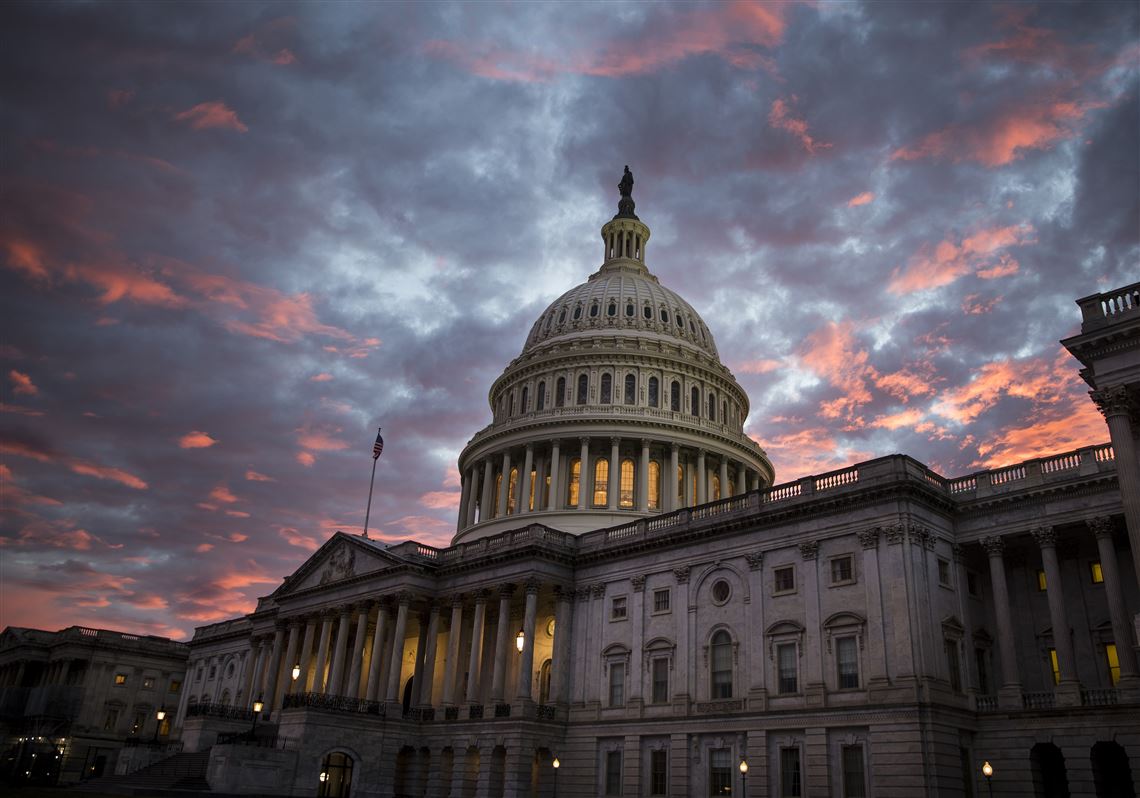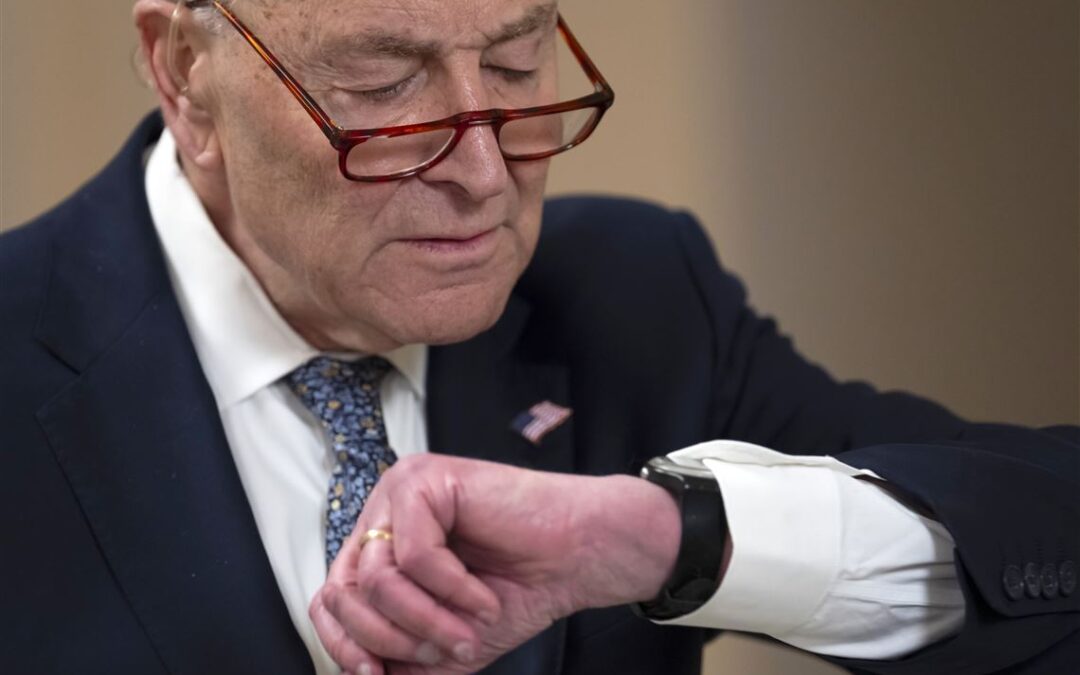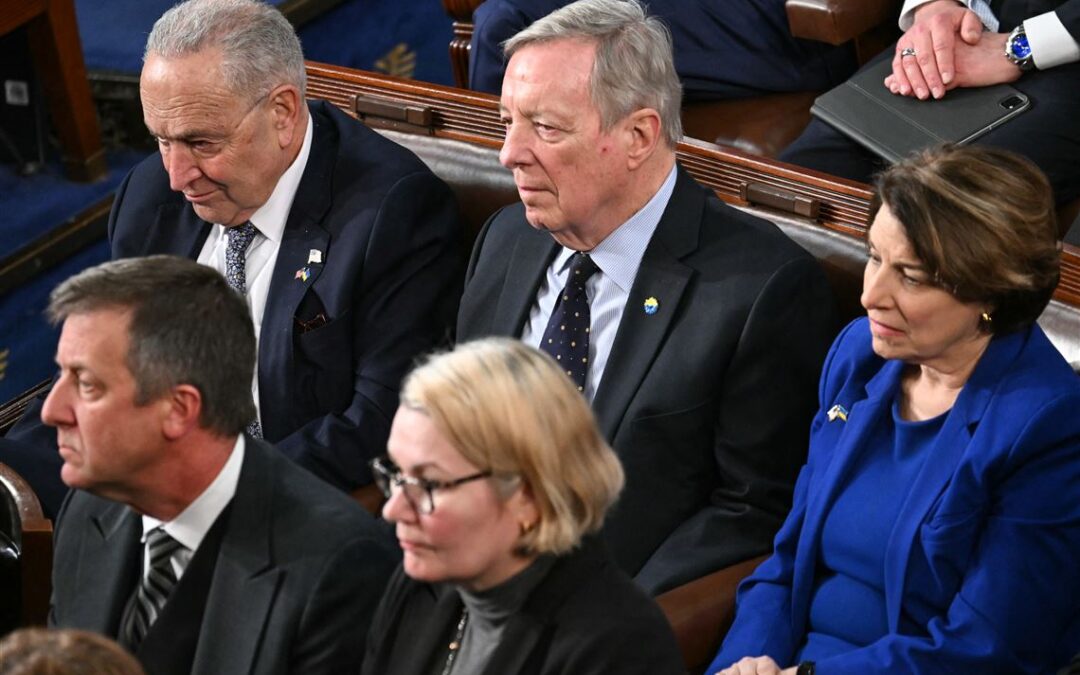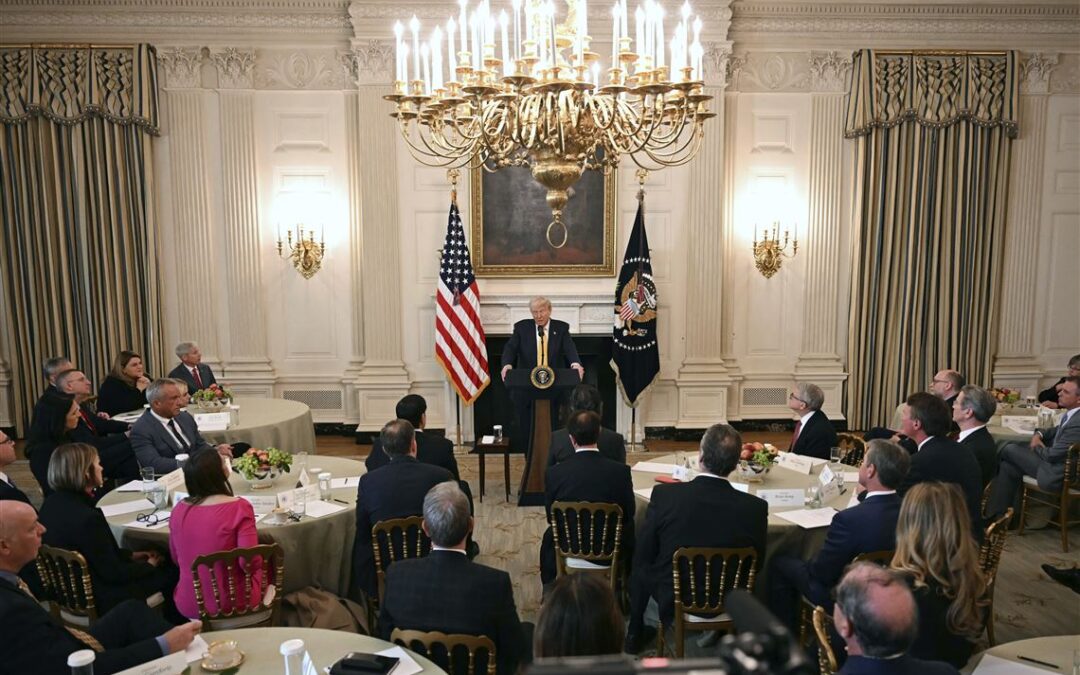Bruce Ledewitz: History’s most fiscally irresponsible presidential election
Bruce Ledewitz
Special to the Post-Gazette
Nov 4, 2024
5:30 AM
I don’t know who will win the presidential election, but I know who will lose — anyone who relies on the full faith and credit of the United States. Unfortunately, that is all of us.
This may have been the most fiscally irresponsible presidential campaign in history. Both former president Donald Trump and Vice President Kamala Harris have called for tax cuts we cannot afford and, to a lesser extent, spending increases that are not paid for.
The wrong conversation
These promises included no taxes on tips, foreign income, and even social security payments. Plus various proposed tax credits.
The national conversation should have gone the other way, toward how we can get out of the financial hole we are in. President Joe Biden made no progress on reducing deficit spending. The federal government deficit this year is $1.83 trillion, slightly more than last year. The annual interest payments on the national debt are estimated at $1 trillion and will likely increase.
This negative fiscal condition means there is no money to bail out Social Security, which is projected to run out of money to pay full benefits in 11 years, in 2035 — or sooner if the tax cuts of either candidate are enacted.
Like climate change, another slow-growing catastrophic threat, you can ignore this financial crisis for a long time. Unlike climate change, however, Americans know that these kinds of deficits cannot go on. Americans understand money better than science.
Politicians are irresponsible, like the rest of us. If they can ignore a problem that it would be unpopular to address, which is more or less the definition of the word “problem,” they will.
Both Trump and Harris have ignored the deficit, the debt and the crisis in Social Security. But it is very likely that either one of them will have to confront these issues in the next four years.
This is easy to see in Harris’s case. In terms of deficits, Republicans are like Pavlov’s dogs, only in this case it is a Democrat in the White House rather than a bell that gets them to change their behavior.
If Harris wins, Republicans will become deficit hawks. That means there will be a crisis on Jan. 2, 2025, when the debt limit is slated to be reinstated after its suspension in 2023. Republicans are very likely to refuse to raise the debt limit without conditions Democrats are not likely to accept.
The debt limit is a useless gimmick that does not address the causes of deficits — unequal tax revenue and spending. The debt limit simply restricts the authority of the federal government to pay bills already incurred.
Triggering a default
That includes paying interest and principle on government bonds, which would trigger a default — meaning that bonds the United States has guaranteed with its full faith and credit would not be paid.
No one knows exactly what a U.S. default would mean, but pretty clearly everyone who holds dollars would be poorer. The status of the dollar as the world’s reserve currency would be destroyed. Once these consequences occurred, the political party the public held responsible for a default might never win another national election.
If Trump is elected, the fiscal crisis will unfold differently. With a Republican in the White House, Pavlov’s Republican dogs will go back to sleep concerning the national debt. Democrats, who are more consistent on fiscal issues, do not care about the national debt regardless of who is president.
So, whichever party wins Congress, Trump will probably get at least partial further implementation of his 2017 tax cuts, with dire fiscal results. It is estimated that if Trump followed through on all his campaign promises, he would add $7.5 trillion to the national debt over the next decade. (Harris’s proposals would add “only” $3.5 trillion.)
The problem for Trump is that, at long last, the bond market might then wake up to the reality that the U.S. never intends to get its fiscal house in order. Interest rates on U.S. bonds would then have to increase significantly to entice a reluctant bond market to purchase U.S. securities.
That would probably raise interest rates on everything else. The economy would slow, both because of those higher interest rates and because of a lack of capital available for private investment because the government was crowding out all other borrowers.
The media would devote extensive time and space to this new crisis. Suddenly, the national debt, deficit spending and Social Security would cry out for a comprehensive bipartisan solution.
We might need a crisis
Ironically, this latter scenario holds some promise because Trump is not a conventional Republican who could never agree to raise taxes. Any solution to our current problems will require both painful reductions in spending and tax increases.
Any proposed solution will be unpopular but might be considered by the public to be necessary. So, the crisis might turn out to be for the best.
Whoever wins the presidential election would do well to remember that no one gets to live beyond their means forever, not even Americans.
Bruce Ledewitz is a professor of law at the Thomas R. Kline School of Law of Duquesne University. His previous article was “How to stop campaign spending from corrupting elections.” The views expressed do not represent those of Duquesne University.
First Published: November 4, 2024, 5:30 a.m.






0 Comments